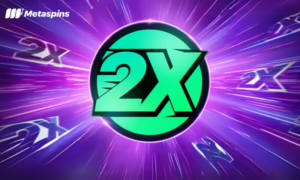A consortium, also known as a federated blockchain, is a type of blockchain that is operated within a particular industry or company.
A blockchain consortium is a closed blockchain where the blockchain is only connected to nodes within a particular industry or organization. These are known as member nodes. But it usually it connects multiple organizations to the blockchain.
The reason for this is to protect private data from being accessed by external parties such as competitors, the media or bad actors. These types of blockchains are becoming more common in the financial and business industries, as well as other industries with many interconnected companies and business such as the health industry or a business supply chain.
Since its governed by multiple organizations and requires and invitation to join, it falls somewhere between a public and private blockchain. However, it does lean more towards being a private blockchain.
Although some criticize them for not being true blockchains due to not being truly decentralized and transparent, they do still offer the same advantages as a public blockchain functionally, in that data is encrypted and therefore cannot be lost or hacked into, and as there are usually at least hundreds are of nodes connected to the network, it is still fairly protected from tampering as it is difficult to hack into all computers to adjust the consensus protocol.
Although it might be more secure in some ways to have to store the data on a public blockchain, the aspect of its data only being accessible to member nodes can be seen in the case of financial institutions, most people would not be happy with having their personal financial status, income and expenditures available to public access. This necessity became even more obvious with the advent of block explorers that make public blockchain data that much easier to find.







